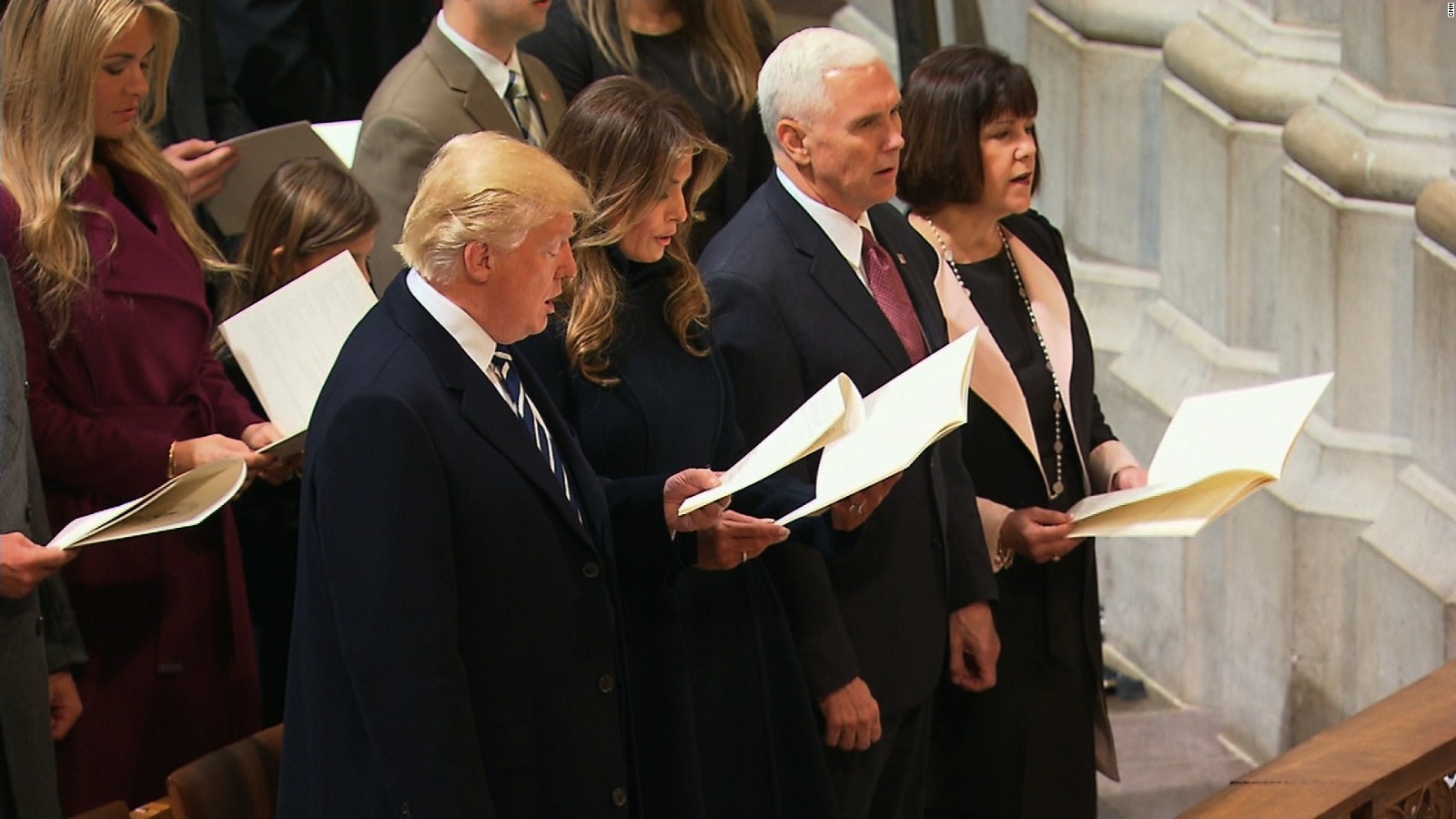Donald Trump's relationship with religious institutions has always been a subject of intense scrutiny. The phrase "Trump mad at church" has surfaced multiple times in media headlines, reflecting a complex narrative about his interactions with religious communities. This article delves into the intricacies of this relationship, exploring the reasons behind his frustrations and the broader implications for American politics and society.
Throughout his political career, Donald Trump has often found himself at odds with various institutions, including religious organizations. The phrase "Trump mad at church" encapsulates moments when his administration or policies clashed with the values or stances of religious leaders. Understanding these dynamics provides valuable insight into the intersection of politics and religion in modern America.
This article aims to provide a comprehensive analysis of the topic, backed by credible sources and data, ensuring a balanced perspective. By exploring the reasons behind Trump's frustrations, we can better understand the broader implications for religious freedom, political influence, and societal values.
Read also:Catch A Cab The Ultimate Guide To Efficient And Hasslefree Transportation
Table of Contents
- Biography of Donald Trump
- Trump's Relations with Churches
- Key Incidents: Trump Mad at Church
- Conflict with Religious Values
- Political Implications
- Public Reaction and Media Coverage
- Support Base and Religious Groups
- Future Relations with Religious Institutions
- Conclusion
- Sources
Biography of Donald Trump
Early Life and Career
Donald J. Trump was born on June 14, 1946, in Queens, New York. He is the fourth child of Fred and Mary Trump. Trump grew up in a family deeply involved in real estate development, which shaped his early career. After graduating from the University of Pennsylvania's Wharton School of Business, he took over his family's real estate business, expanding it into a global brand.
Political Career
Trump entered politics in 2015, announcing his candidacy for the Republican nomination for President of the United States. His campaign was characterized by controversial statements and a focus on populist policies. In 2016, he was elected as the 45th President of the United States, serving one term until 2021.
| Full Name | Donald John Trump |
|---|---|
| Date of Birth | June 14, 1946 |
| Place of Birth | Queens, New York |
| Occupation | Businessman, Television Personality, Politician |
| Political Party | Republican |
Trump's Relations with Churches
Throughout his presidency, Donald Trump maintained a complex relationship with religious institutions. While he received strong support from many evangelical Christian groups, there were also instances where his policies or statements conflicted with the values of these organizations.
Support from Evangelical Christians
Trump's administration implemented policies that aligned with the priorities of evangelical Christians, such as appointing conservative judges and supporting pro-life initiatives. This support was crucial in securing his electoral base.
Key Incidents: Trump Mad at Church
Several incidents during Trump's presidency highlighted tensions between him and religious institutions. These moments often revolved around policy disagreements or public statements that challenged religious values.
- Church Tax Exemption Debate: Trump proposed reforms to the tax-exempt status of churches, sparking controversy.
- Protest at St. John's Church: The clearing of protesters near St. John's Church in Washington, D.C., during a photo opportunity for Trump, drew widespread criticism.
Conflict with Religious Values
Some of Trump's policies and statements conflicted with the core values of religious institutions. Issues such as immigration, social justice, and environmental policies often placed him at odds with religious leaders who advocate for compassion and equality.
Read also:Exploring The Consolidated Dickinson Nd A Comprehensive Guide
Immigration Policies
Trump's approach to immigration, including the implementation of the "zero tolerance" policy and the separation of families at the border, was criticized by many religious groups as being inhumane and contrary to Christian teachings.
Political Implications
The tensions between Trump and religious institutions have significant political implications. They reflect broader societal divides and influence voter behavior, particularly among religious voters.
Impact on Voter Base
While some religious groups distanced themselves from Trump due to policy disagreements, others remained loyal, citing his support for issues such as religious freedom and conservative judicial appointments.
Public Reaction and Media Coverage
Public reaction to incidents involving Trump and religious institutions varied widely. Media coverage often amplified these tensions, shaping public perception and discourse.
Media Narrative
News outlets frequently highlighted moments of conflict between Trump and religious leaders, contributing to a narrative of division and controversy.
Support Base and Religious Groups
Understanding Trump's support base among religious groups requires examining the alignment of his policies with their priorities. Despite moments of tension, many religious voters continued to support him due to shared policy goals.
Alignment of Priorities
Issues such as judicial appointments, religious freedom, and pro-life policies played a significant role in maintaining Trump's support among religious groups.
Future Relations with Religious Institutions
The future of Trump's relationship with religious institutions depends on various factors, including his potential political aspirations and the evolving priorities of religious groups.
Post-Presidency Influence
Even after leaving office, Trump continues to influence political discourse and maintain connections with religious leaders who share his views.
Conclusion
The phrase "Trump mad at church" encapsulates a complex narrative of conflict and cooperation between the former president and religious institutions. By examining key incidents, policy disagreements, and public reactions, we gain a deeper understanding of the intersection of politics and religion in modern America.
We invite readers to engage in this discussion by leaving comments, sharing their perspectives, and exploring related articles on our website. Your feedback is valuable in fostering informed discourse on these critical issues.
Sources


